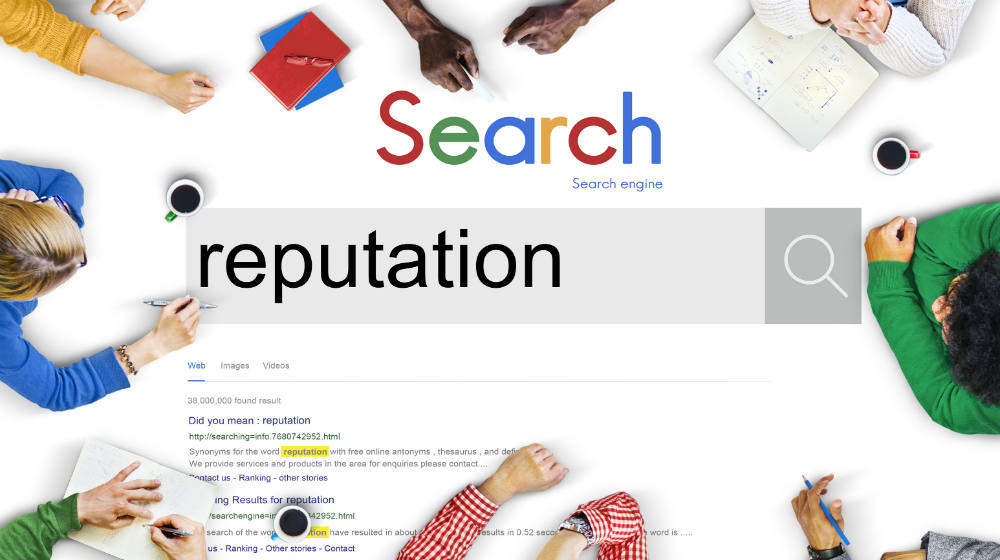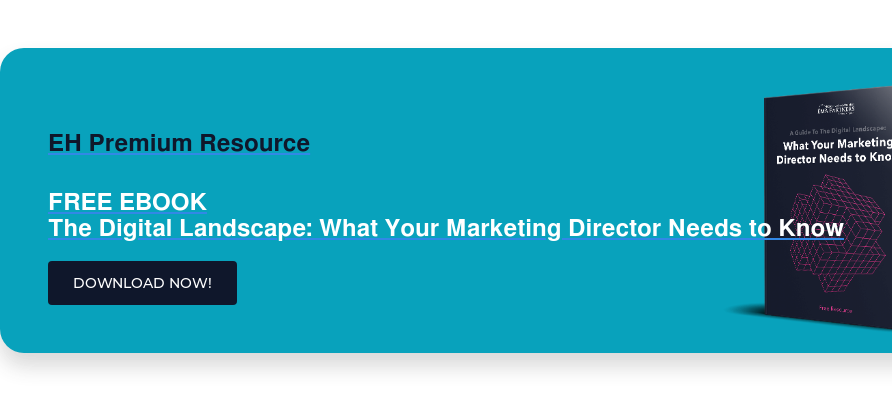Public relations (PR) is an essential part of business success. PR determines how your business is perceived by the public. Poor PR could see your business’s reputation damaged, which could seriously affect your business’s success.
Your PR should be tied to your business’s marketing strategy. Understanding how to utilise creativity and think ahead when promoting your business is one of the key skills of a marketing executive.
So just how important is integrating PR and marketing? In the age of digital marketing, PR is more important than ever. Online we’re exposed to countless brands, with more choice than ever for purchases and investments. In the current market where a quick web search can give consumers hundreds of options, businesses need to stand out both on and offline to stand a chance.
Remember that not all business is conducted online. A good portion of your customer-base won’t be on LinkedIn, Twitter, Facebook etc, so it’s important to consider traditional marketing methods.
How can you do this? Let’s take a look at some of the main advantages of focusing efforts on improving your company’s PR, with examples from businesses with amazing PR practices.
What Do We Mean By PR?
The line between marketing and public relations can sometimes be blurry. Essentially, you can’t have one without the other.
Both roles will involve some aspects of the other, so crossover is inevitable. The difference is what’s being focused on.
Generally, marketing is focused on promoting a business in order to facilitate sales. Whilst PR is focused on maintaining and boosting the positive reputation of a business. So when we discuss PR here, we’re referring to concentrated efforts to boost your business’s reputation and image.

What are the Advantages of Utilising PR?
There are various benefits of using PR to promote your business’s image. The main advantage is the effect on it has on how people view your business. This also affects how your product or service is perceived. Most importantly, it affects how potential clients and customers view you in relation to your competitors. As a result, your sales and the success of your business is affected.
Even if your product is superior to your competitors, if their reputation and public image are better, they’re more likely to attract new customers.
PR is essential to building branding and recognisable image. The branding you create for your business helps define it in your market. Branding is an essential part of your overall image and reputation, and can completely affect how you generate interest. This includes your company name, logos, business culture, ethos, websites, and the quality of your service/product.
These are all factors that add up to form your brand image. The stronger your brand image the more presence and authority you have in your market, and the better advantage you have over your competitors. Your branding helps determine the value of your business.
PR is also necessary to increase the reach of your business. Your business reach determines your potential audience, so you’ll want to have as targeted a reach as possible. This is especially important for small or new businesses that perhaps don’t have as strong a reach as larger competitors. Your brand should reach your potential buyers, as well as those in related fields. Essentially, everyone in the field you’re targeting should know about your business.
Hit Your Goals With PR & Marketing
So in what ways can you utilise PR as part of your marketing strategies? It’s not uncommon for marketers to spend so much time on their various responsibilities that they sometimes neglect promoting company image.
Your marketers should have some knowledge of PR practices in order to successfully apply them to their marketing strategies. Make sure to look for PR experience and knowledge when interviewing for marketing executives.
Whilst marketing strategies more directly lead to sales and revenue, PR is less direct and more long-term. But it’s still vital that marketers make an effort to utilise PR, especially if your business doesn’t currently have a PR specialist. There are various ways to promote business reputation through PR in your marketing strategies.
Content marketing is key to managing your industry relevance.
Content marketing merges elements of marketing and PR to increase your content output. As a result, your business gains more authority and is promoted to a larger audience.
Distributing content regularly not only keeps your business relevant and in the public eye, it also builds a strong base of information. It also helps with relationship management, which is one of the key aspects of good PR.
Many businesses opt to promote their family culture to the public. Running your business like a family has many internal benefits. It can also do wonders for your PR and public image, and attract more customers to you through a positive image.

How Positive Image and Reputation Can Help With Recruitment
One of the many additional benefits of practising good PR is the effect it can have on recruitment.
Say you’re looking to hire for a senior position, the most talented people are likely happy where they are. To grab their interest, you’ll often need more than just a monetary offer. This is where quality PR comes in. By increasing your brand reputation through PR, candidates are more likely to consider your opportunity.
If you don’t have a strong positive reputation, you could find that senior candidates fail to show interest at the early stages of recruitment.
Essentially, good PR practices lead to a good reputation. A good reputation makes you more trustworthy to both candidates and customers.
Examples of Top PR Campaigns
So now that we’ve outlined the importance and advantages of PR for businesses, let’s take a look at some real-world examples of good PR practice.
The ALS Ice Bucket Challenge
The Ice Bucket Challenge is a great example of creative, quality PR for a good cause. The 2013 challenge encouraged people to video themselves pouring a bucket of ice water over themselves in order to promote awareness for Amyotrophic Lateral Sclerosis (ALS). This PR campaign was hugely successful, going viral on social media and helping scientists discover a new gene linked to ALS.
Coca-Cola ‘Share a Coke’
Coca-Cola are another fantastic example of a company with excellent PR practices. Firstly, their branding is unique and recognisable, featuring their eye-catching red logo and unique font. The company has been responsible for a number of innovative PR campaigns.
These include their yearly Christmas truck advertisement, as well as their ‘Share a Coke’ campaign, in which they distributed bottles featuring different first names. Practices such as this are one of the reasons why Coca-Cola is the first soft drink that comes to most people’s minds.
Red Bull Space Jump
Another fantastic example of innovative PR and marketing is Red Bull’s famous 2012 Space Jump. This innovative bit of PR saw skydiver Felix Baumgartner fall 24 miles down to earth from the stratosphere. This stunt was widely discussed as Baumgartner became the first man to break the sound barrier on his descent.
This of drew a huge amount of positive press for Red Bull. Of course, this PR stunt could only be achieved by a large business with a massive PR budget. However, it serves as an example of how innovative PR can be a game-changer when it comes to promoting your business to the public. Nobody’s expecting you to send someone into space, just think outside the box!
Even something as simple as promoting a hashtag through social media can help a great deal with making your business and products known.
These are all examples of businesses using clever PR in their marketing strategies. These strategies help strengthen their branding, as well as increase company exposure and interest by building a positive reputation.
PR and Marketing Go Hand In Hand

As a whole, good marketing practice involves taking on a bit of PR, and vice-versa. Though the immediate effects might not be as noticeable, and it might not seem as structured, PR is very useful in strengthening your brand and your reputation.
It helps your business be known and recognised as a reputable option in your market. By neglecting PR you could be shooting yourself in the foot and wasting a valuable opportunity. Get out there and start promoting!


